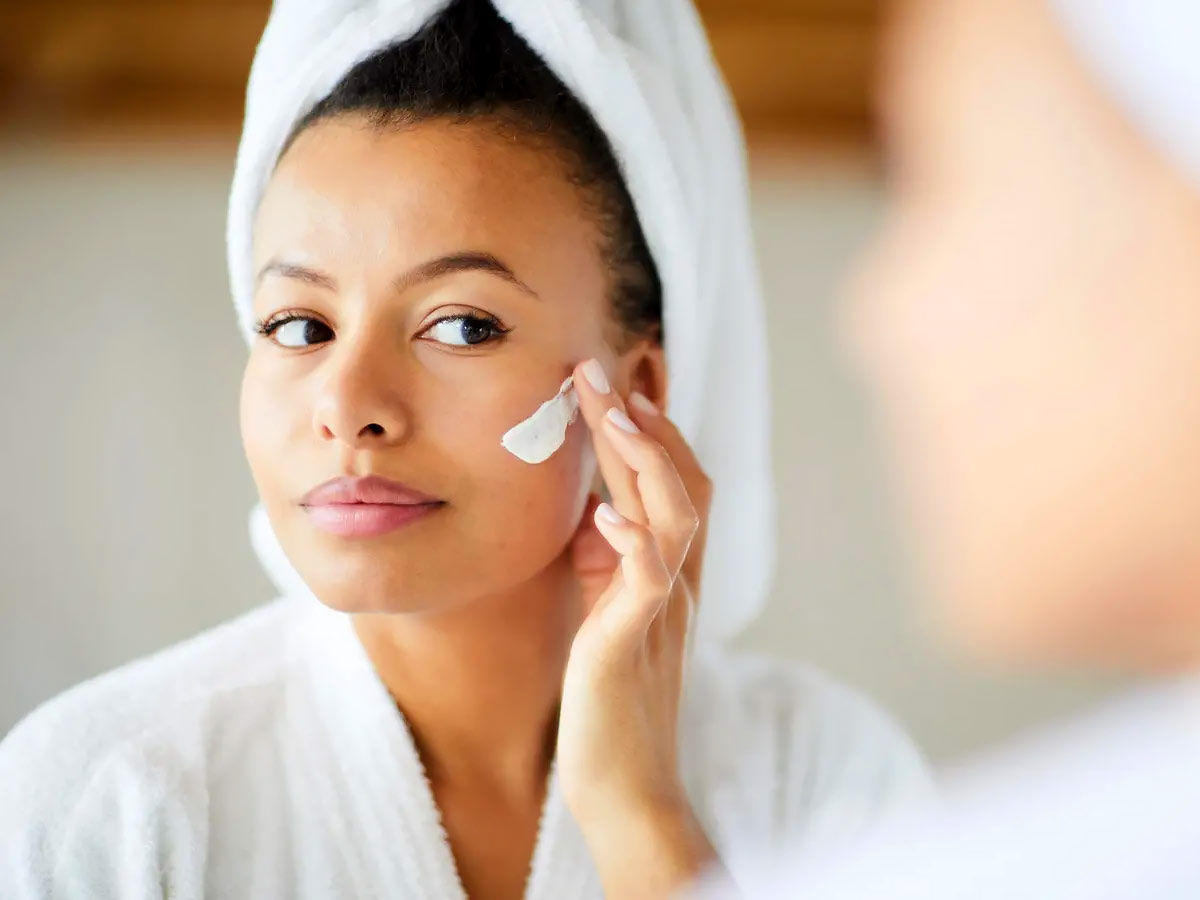When it comes to skincare, people find it more difficult to distinguish which advice is genuinely fast-based due to the overabundance of products and conversation surrounding them. Regarding active ingredients, there are numerous myths that surround them that completely perplex one. Many people fall victim to the myths and misconceptions, only to discover later that they were misguided by the advice they were given.
When it comes to sound skincare advice, it’s best to trust dermatologists with extensive training in active ingredients and their effects on the skin. Prominent dermatologist Dr. Gurveen Waraich shared five myths about active ingredients on her Instagram page.
Avoid using salicylic acid in your morning skincare routine.
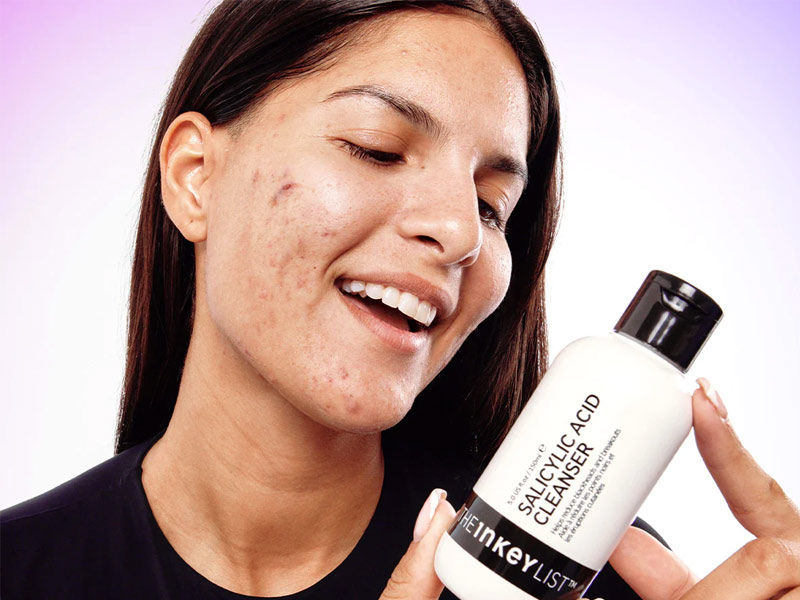 Salicylic acid is indicated by the dermatologist for use in the morning routine. It’s just not true, despite popular belief, that it makes skin photosensitive or sun sensitive. In the morning, it can be applied as a gel, serum, or toner.
Salicylic acid is indicated by the dermatologist for use in the morning routine. It’s just not true, despite popular belief, that it makes skin photosensitive or sun sensitive. In the morning, it can be applied as a gel, serum, or toner.
Thin skin is caused by retinoid
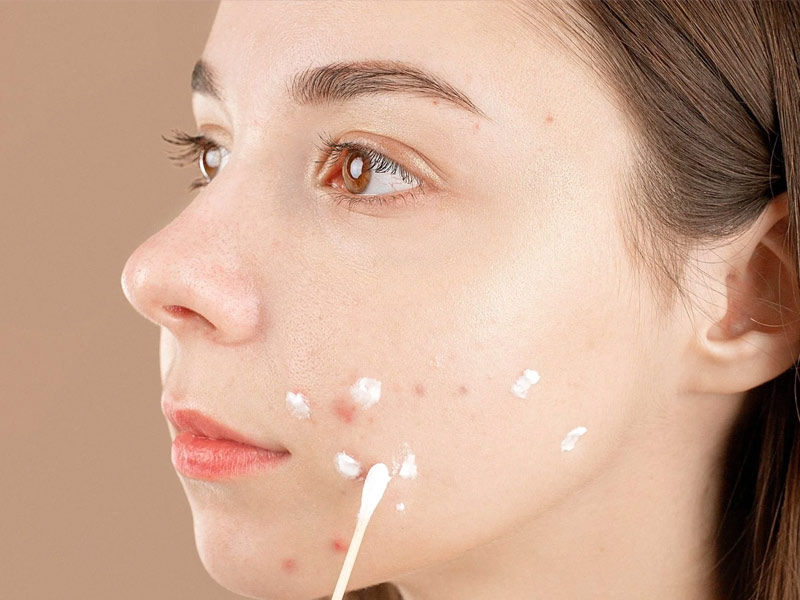 Should you have believed that retinoids thin the skin, you couldn’t have been more mistaken. According to the dermatologist, this active ingredient can promote the formation of new blood vessels or collagen, which is very beneficial for skin health. Over time, this active ingredient will strengthen and improve the resilience of your skin.
Should you have believed that retinoids thin the skin, you couldn’t have been more mistaken. According to the dermatologist, this active ingredient can promote the formation of new blood vessels or collagen, which is very beneficial for skin health. Over time, this active ingredient will strengthen and improve the resilience of your skin.
Glycolic Acid
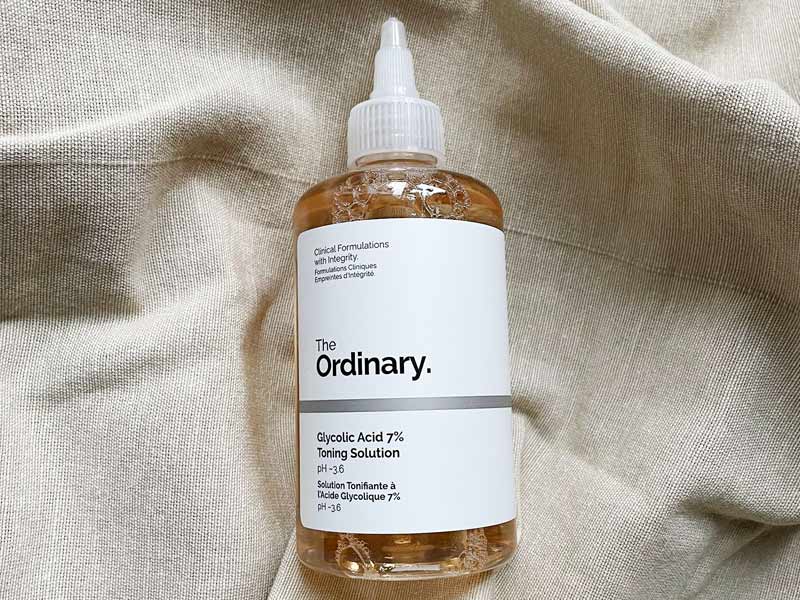 Have you been informed that the best active ingredient for Indian skin is not glycolic acid? It’s just a circulating myth, that’s all. The dermatologist describes how people who struggle with pigmentation can benefit greatly from this acid. The only thing to be careful of is using it in the proper dosage, strength, and frequency.
Have you been informed that the best active ingredient for Indian skin is not glycolic acid? It’s just a circulating myth, that’s all. The dermatologist describes how people who struggle with pigmentation can benefit greatly from this acid. The only thing to be careful of is using it in the proper dosage, strength, and frequency.
Mucin from snails
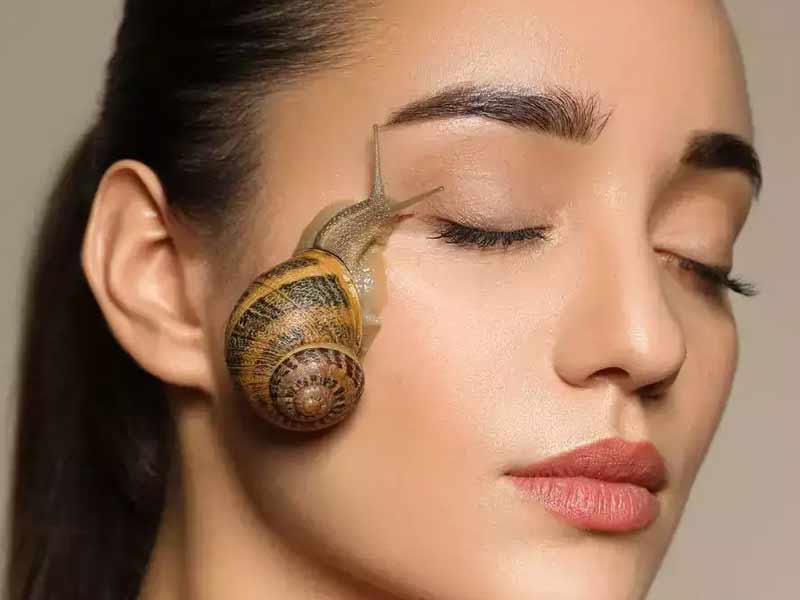 Have you been listening to snail music in the hopes that it will minimise the appearance of fine lines, marks, and scars from acne as well as your open pores? The unfortunate news is that it isn’t helpful in that regard. When it comes to keeping skin incredibly hydrated and plump, this product is excellent.
Have you been listening to snail music in the hopes that it will minimise the appearance of fine lines, marks, and scars from acne as well as your open pores? The unfortunate news is that it isn’t helpful in that regard. When it comes to keeping skin incredibly hydrated and plump, this product is excellent.
vitamin C
 Have you been delaying taking your morning dose of vitamin C? The dermatologist, however, says that you should and can use this serum in your morning skincare routine. Packed with antioxidants, it will shield your skin from UV rays and environmental harm. So incorporate this wonderful active component into your morning routine and don’t forget to wear sunscreen afterwards
Have you been delaying taking your morning dose of vitamin C? The dermatologist, however, says that you should and can use this serum in your morning skincare routine. Packed with antioxidants, it will shield your skin from UV rays and environmental harm. So incorporate this wonderful active component into your morning routine and don’t forget to wear sunscreen afterwards





















